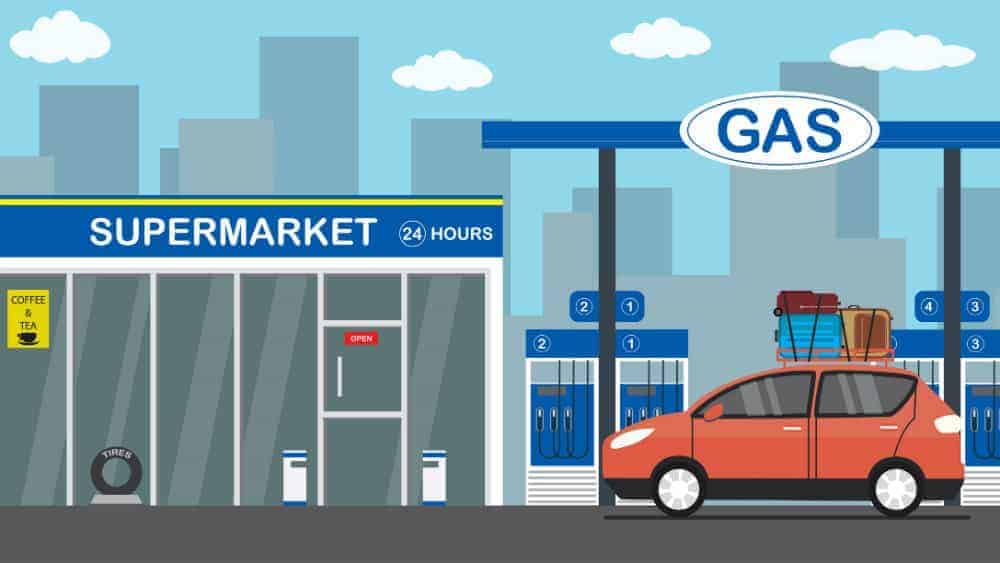It seems an understatement to say Tesla‘s (NASDAQ: TSLA) Autopilot team has endured more than its fair share of strife. Under the weight of Elon Musk’s aggressive self-driving vehicle goals — including a targeted late-2020 launch for a fully autonomous fleet of Tesla RoboTaxis — the group has churned through four leaders since 2016. The most recent shake-up this summer resulted in an exodus of at least 11 software engineers, reportedly including some longtime employees, repesenting nearly 10% of Tesla’s Autopilot engineering staff.
Late Tuesday, however, Tesla breathed fresh life into its self-driving ambitions by quietly acquiring DeepScale (according to sources speaking with CNBC), a 4-year-old AI start-up focused on advancing deep neural networks (DNNs) for use in autonomous vehicles. Terms for the deal weren’t disclosed, indicating it wasn’t a particularly large acquisition, but DeepScale previously raised more than $18 million in venture capital funding since it was founded in late 2015.
To be clear, Tesla hasn’t independently confirmed the purchase just yet. But DeepScale co-founder and CEO Forrest Iandola did indirectly acknowledge the move with a Tweet:
I joined the @Tesla #Autopilot team this week. I am looking forward to working with some of the brightest minds in #deeplearning and #autonomousdriving.
— Forrest Iandola (@fiandola) October 1, 2019
More specifically, DeepScale specializes in “squeezing” artificial intelligence, or making “an AI system use less resources by whatever means necessary.”
More to Tesla’s purpose, DeepScale’s proprietary “Carver21” software was created as a modular solution to easily integrate with other businesses’ self-driving vehicle sensors, technology, and chips.
That aligns perfectly with Tesla’s proprietary self-driving chip, which was formally unveiled at its Autonomy Day presentation this past April and targets using no more than 250 watts to ensure it won’t negatively impact the vehicles’ battery range.
But make no mistake: This acquisition is as much about pulling in high-quality engineering talent as it is about supplementing Tesla’s own self-driving vehicle technology. According to DeepScale’s website, 25% of its engineering team already have doctoral degrees — including both company co-founders Iandola and Kurt Keutzer — and together that team boasts more than 30,000 scholarly citations.
And putting aside the financial terms of the purchase, why wouldn’t this well-educated group want to join Tesla’s fold? With hundreds of thousands of Tesla vehicles already on the road continuously collecting hoards of self-driving vehicle data, the enormous data advantage enjoyed by the company in these early stages of the self-driving vehicle race is enough to make any self-respecting AI scientist giddy with anticipation.
What remains to be seen, however, is whether the DeepScale team is able to successfully assimilate both its personnel and its AI technology into the high-pressure environment Elon Musk seems to thrive on fostering. If they can succeed to that end, this small acquisition could ultimately prove to be exactly what Tesla needs to propel its Autopilot capabilities into the future.










